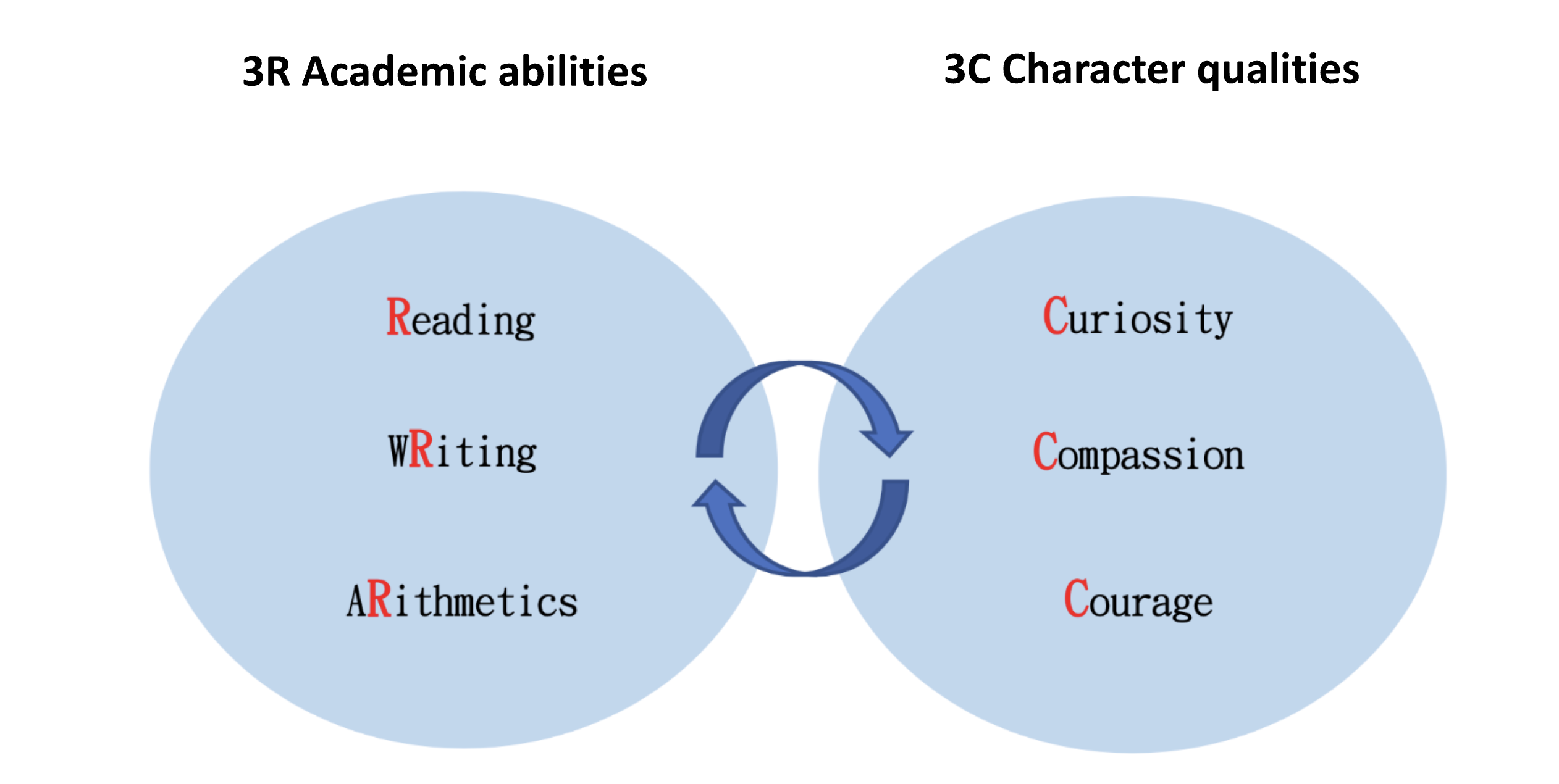Author: Dr. Amelia Lee
The Associate Dean (Programme Development) and Head of Early Childhood and Elementary Education of Continuing Education, HKBU
Although both of my daughters have grown up and entered the workforce, when I chat with them at home, I occasionally hear them mention bits and pieces of their kindergarten life, reminiscing about the past, and often with smiles on their faces. From this observation, a joyful learning childhood not only lays a solid foundation for our children but also helps them face challenges with courage, whether in times of prosperity or adversity. This is what parents are delighted to witness—the contribution of schools is indispensable.
The Hong Kong education system is often criticized for its excessive emphasis on academics, which stifles children’s childhood. How can we achieve balance? In 2021, the Organization for Economic Co-operation and Development (OECD) published “Beyond Academic Learning,” which indicates that successful and quality education involves not only developing cognitive abilities and subject knowledge but also cultivating personal resilience and character. Doesn’t that mean we are raising the bar? It turns out that these qualities are essential to children’s ability to acquire knowledge. It promotes the “3C” concept, namely “Curiosity,” “Compassion,” and “Courage.”
Curiosity: Can open hearts, making children eager to learn. This drive propels us to explore the future and leads us forward.
Compassion: Empathy is an expression of emotions that helps us establish relationships with others. A person who can build good relationships with others tends to be more confident and secure.
Courage: It helps us connect cognition, social interaction, and emotions into action, enabling individuals to overcome all difficulties and move forward bravely.
As educators, we must cultivate children’s ability to explore things. Whether it’s natural phenomena, the ins and outs of people and events, or the cause-and-effect relationships of incidents, we should enhance their curiosity about the surrounding environment and things. Will they provide assistance when they see others in need? Will they care for the young and the elderly? Will they offer their seats on public transportation? These are the first steps in establishing empathy. When children grow up, are they willing to devote their time and money to helping others? Only those who understand gratitude and are willing to give will experience true happiness and leave a positive impression on others, allowing them to thrive in the workplace. Courage is not just about taking action; it is also a mindset. It takes courage to face one’s shortcomings and weaknesses. When a person can face problems without evading them, life will have the right direction to resolve different issues appropriately.
These three qualities combined guide us to face adversity and remind us that character and academics must coexist. Colleagues, you must prepare children to face the globalized and ever-changing environment, enabling them to bravely confront both prosperity and adversity and embark on a purposeful, caring, and motivated life. Let us work together to develop the 3C (character quality) and 3R (academic ability) capacities in children, making them the elites of the 21st century.

本文轉載自香港教育大學幼師校友會〈專題分享 3C 能力 我們的幼 兒擁有嗎? 〉。


